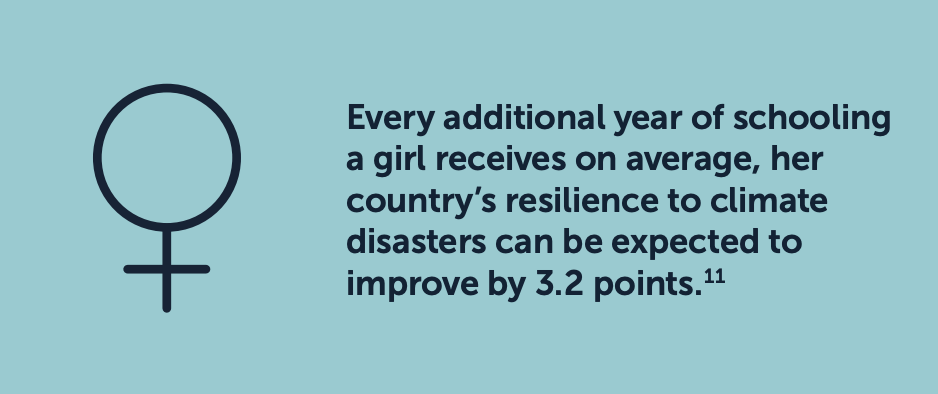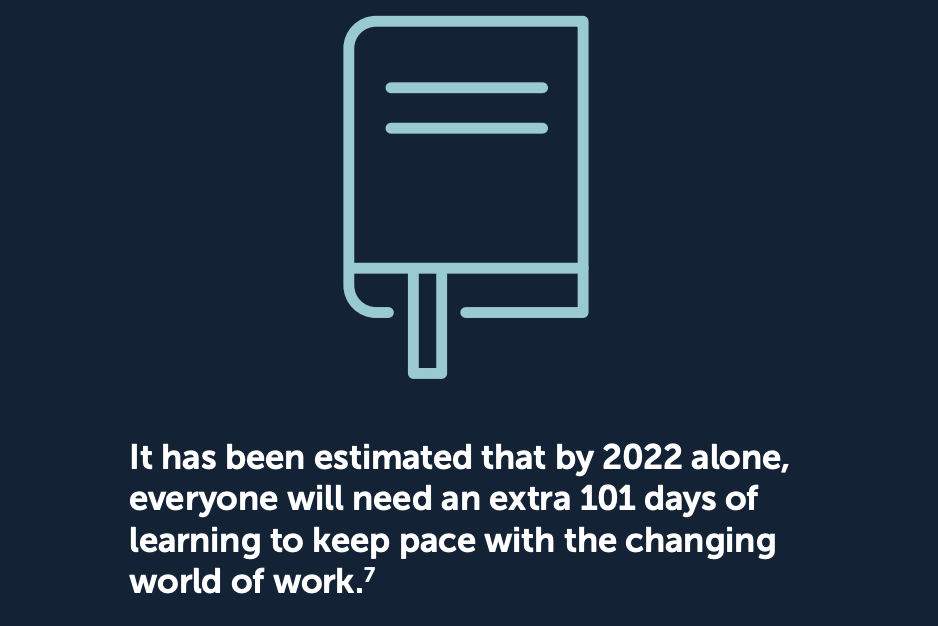Executive Summary
Investment in education has the power and ability to both improve society and drive business results.
Investment in education, human development, and training is an investment in today and future generations. Positioning education at the core is a useful and impactful way to advance the objectives of companies and investors seeking to achieve better financial outcomes and improve Environmental, Social, and Governance (ESG) performance and credibility.
Currently, ESG is facing a crisis centered around the question of whether it is a risk framework or a method for improving performance with positive environmental, social, and economic outcomes. This debate has gained further attention with comments from industry leaders and CEOs, questioning the legitimacy and reliability of ESG. “Greenwashing” claims and government inquiries into “green practices” of companies and investors have exposed ESG to increased pressure and scrutiny. To ensure that ESG continues to improve and provide the critical direction needed to advance environmental and social performance, companies need clear, quantifiable metrics to measure how they are addressing key issues. Placing ESG in education investments can produce more definitive methods for measuring social progress and, in turn, provides more depth for those looking to evaluate corporate ESG efforts.

As the importance of ESG continues to evolve, companies have the potential to identify and refine material ESG concerns, advance sustainability objectives, and mitigate short- and long-term corporate risk through investment in educational initiatives that focus on lifelong learning. This will not only help to improve ESG performance but will Executive summary Investment in education has the power and ability to both improve society and drive business results. Executive Summary 5 also provide the financial resources needed to address the global educational crisis.
In the last few years, the COVID-19 pandemic has deepened the global learning crisis and contributed to a significant talent gap in the workforce. The pandemic increased the global digital divide; decreased access to education, particularly in underserved and minority communities; and laid bare the need for greater skills-based training. By 2030, there will be a “human talent shortage” of more than 85 million people.1 Meanwhile, countries face stagnant growth, widening social and economic inequality threatening security and safety, supply chain disruptions, and intensifying climate change. Addressing any of these challenges is impossible if young people lack basic developmental milestones and skills needed to provide effective contributions in the workforce. These issues should be central to any company looking to establish a comprehensive approach to ESG.






